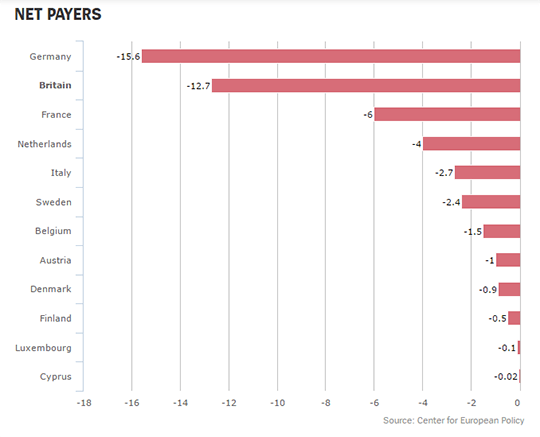All teaching takes a toll on what’s taught, but high school is wondrously efficient at making interesting things dull. So why are kids forced to go? Well, one reason has to do with child-labor laws. In the middle of the 19th century, kids in most states could stop going to school after eighth grade, once they had learned to read and do a little arithmetic, and they got jobs. They worked on farms or in dark satanic mills, and one by one the states made laws (or began to enforce existing laws) that said that young people had to stay in school so their morals wouldn’t be corrupted and they wouldn’t languish in ignorance and be roped into a life of labor from dawn to dusk and die of consumption before they reached 30. So the government built high schools, lots of them, and the number of kids in high school burgeoned, and blossomed, and ballooned. By 1940, there were five times as many high-school graduates as there were before the labor-law reforms. It was a huge change all over the country, and it required discipline. Squads of truant officers would go sniffing around finding kids who were evading high school, and they threatened parents with fines or even jail time and got them to comply.
What happens if you suddenly have millions of kids in high school who would have been working under the old laws? You have to hire more teachers, and you have to figure out what they’re going to teach. You then get endless debates about cultural literacy — about what subjects should be required. Should everyone in high school learn Greek? What about Latin? What about sewing? Or needlepoint? Cursive? And the schools became bigger. The local schoolhouse went away, and the gigantic brick edifice on the edge of town took its place. James Conant, a president of Harvard, decided in the 1960s that the ideal high school should have at least 750 students. That’s a lot of students — it’s a battalion of students, in fact — and that’s perhaps where it all began to go wrong. The regional schools became meatpacking plants, or Play-Doh fun factories, squeezing out supposedly educated human beings, marching them around from class to class — bells bonging, punishments escalating, homework being loaded on. And yet the human beings who were marching from class to class weren’t being paid. “Review the elements of transcendentalism listed on Page 369.” Oh, and do it for free.
Every day something like 16 million high-school students get up at the crack of dawn, slurp some oat clusters while barely conscious, hop on a bus, bounce around the county, show up and sit in a chair, zoned out, waiting for the first bell. If they’re late, they are written up. Even if they don’t do much academic work, they are physically present. Their attendance is a valuable commodity, because if students don’t attend, teachers and guidance counselors and principals and textbook makers and designers of educational software have no jobs. A huge lucrative industry is built around them, and the students get nothing out of it but a G.P.A. They deserve not to have their time wasted.
And it is wasted, as everyone knows. Teachers spend half their time shouting themselves hoarse, and young adults are infantilized. Their lives are absurdly regimented. Every minute is accounted for. They sit in one hot room after another and wait for each class to end. Time thickens. It becomes like saltwater taffy — it becomes viscous and sticky, and it stretches out and it folds back on itself through endless repetition. Tuesday is just like Wednesday, except the schedule is shuffled. Day after day of work sheets. By the time they graduate, they’ve done 13 years of work sheets. When they need to go to the bathroom, they have to write their name on a piece of paper by the door. If they hide in the bathroom, they’re in trouble. Whole hierarchies of punishment for scofflaws arise — school-supplied iPads are restricted, parents are called on the phone, in-school suspensions are meted out.
What makes all this almost tolerable is the kids themselves. They find ways to make it entertaining. They discover friends and co-conspirators. They rebel. They interrupt one another constantly in search of some tiny juicy Jolly Rancher of surprise. They subvert the system. They learn to lie convincingly to avoid work. The teacher’s aide (sometimes it was me) says, “Are you all caught up?” Kid: “Yep.” Aide: “Did you do that BrainPOP about the flipflap of the doodlesquat?” Kid: “Yep, handed that in yesterday.” One young man I talked to seemed unusually intelligent but downcast. I asked him how he survived his days. He pulled out his earbud, and he said one word: “music.”
Nicholson Baker, “Fortress of Tedium: What I Learned as a Substitute Teacher”, New York Times Magazine, 2016-09-07.




